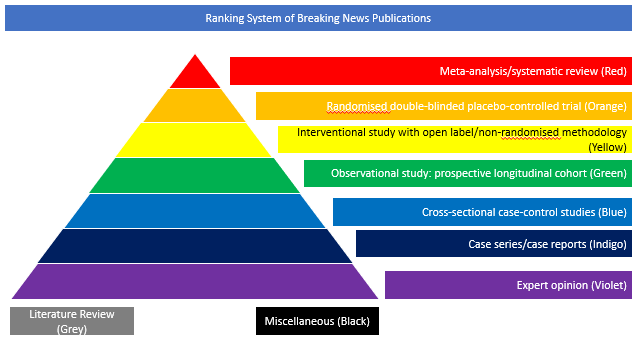Case series/case reports (Indigo)
Multiple risk factors for mortality have been identified in patients with COVID-19. In this paper, the authors sought to determine the effect of a history of neurological disorder and development of neurological manifestations on mortality in hospitalised patients with COVID-19. From March 20 to May 20, 2020, hospitalised patients with laboratory confirmed or highly suspected COVID-19 were identified at four hospitals in Ohio. Previous history of neurological disease was classified by severity (major or minor). Neurological manifestations during disease course were also grouped into major and minor manifestations. Encephalopathy, ischaemic or haemorrhagic stroke, and seizures were defined as major manifestations, whereas minor neurological manifestations included headache, anosmia, dysgeusia, dizziness or vertigo, and myalgia. Multivariate logistic regression models were used to determine significant predictors of mortality in patients with COVID-19 infection. 574/626 hospitalised patients were eligible for inclusion. Mean age of the 574 patients included in the analysis was 62.8 years (SD 17.6), with 298 (51.9%) women. Of the cohort, 240 (41.8%) patients had a prior history of neurological disease (HND), of which 204 (35.5%) had a history of major neurological disease. Mortality rates were higher in patients with a major HND (30.9 vs. 15.4%; p = 0.00002), although this was not a significant predictor of death. Major neurological manifestations were recorded in 203/574 (35.4%) patients during disease course. The mortality rate in patients who had major neurological manifestations during disease course was 37.4% compared to 11.9% (p = 2 × 10-12) in those who did not. In multivariate analysis, major neurological manifestation during disease course (OR 2.1, CI 1.3-3.4; p = 0.002) was a predictor of death. The authors concluded that history of pre-existing neurological disease in hospitalised COVID-19 patients did not impact mortality; however, development of major neurological manifestations during disease course was found to be an independent predictor of death. Larger studies are needed to validate these findings.
DOI: https://doi.org/10.3389/fneur.2020.585944







